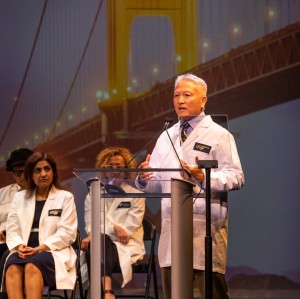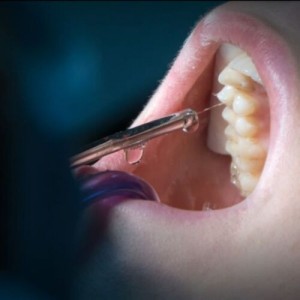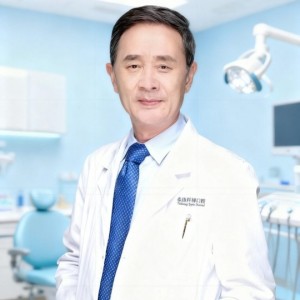
Artificial Intelligence in Dentistry and Ethical Challenges
Allegra Comba
Artificial intelligence (AI) is an increasingly present reality in the medical field and is making its way more and more in dentistry. The purpose of integrating AI in dentistry is to improve dental clinical practice, offering increasingly accessible and predictable diagnostic and therapeutic possibilities.
Several studies have been published dealing with the AI in dentistry field in the last 5 yrs. In an editorial of November 2019, Dentistry 33 already considered AI not as a myth but as an issue that is turning into reality considering the great advancement of new dental technologies, techniques and materials intended to reduce the overall workload into a dental practice and increase the relationship between dental professionals and patients.
Despite this revolutionary technological trend doubts on the ethical questions are raised under various aspects, such as transparency, justice and fairness, nonmaleficence, replicability, responsibility and privacy. The conflict between AI development and moral challenges can result in a gap between research and clinical use.
Due to the novelty of this topic and in order to put some clarity between the use of artificial intelligence in dentistry and the ethical questions, a scoping review was conducted by a team of researchers of different nationalities (Canada, Turkey, Qatar and France).
Material & Methods
Two independent researchers screened articles from 3 health care databases (MEDLINE [PubMed], SciVerse Scopus and Cochrane Library) and 2 computer science databases (ArXiv and IEEE Xplore) involving dental studies on different human oral regions (i.e. teeth, gums, palate) and AI-related technologies (i.e. machine learning). Only studies in the English language were evaluated. All the information retrieved regarding the ethical board or documents related to the ethics were categorized according to the 10 principles of Montreal Declaration for a responsible development of AI: privacy, equity, responsibility, prudence, solidarity, democratic participation, inclusion, diversity, respect for autonomy, well-being.
Results
The search strategy identified 1.553 articles of which 178 records met the eligibility criteria. Most of the studies (130) were published in the last 6 years mainly in 6 Countries (Germany, Japan, United States, China, Republic of Korea and India). Regarding the application of AI in dentistry, these were related to the optimization of the radiology field (25.3%), to general dentistry (17.4%), to implantology (13.5%) and to oral cancer (12.9%). A high number of studies (85.4%) revealed only internal validation. With respect to the ethical challenge, only 7.9% of the studies clearly stated following the ethical guidelines, of which only the Declaration of Helsinki (General Assembly of the World Medical Association 2014) was mentioned.
Conclusions
Within the limits of their study, the authors concluded that the lack of external validation makes it difficult the replication and transparency of AI-related studies in dentistry. The new generation of dentist should get acquainted with the AI technology and the ethical and social impact, as the future of dentistry is signing the implementation of its application.
For additional information: Artificial intelligence and ethics in dentistry: A scoping review.
 Read more
Read more
Editorials 10 October 2025
With proud smiles and crisp white coats, ninety-three learners from the DDS Class of 2029 and the International Dentist Pathway Class of 2028 marked the start of their dental careers at the UCSF...
Periodontology 10 October 2025
Continuous professional development (CPD) in Periodontology refers to the overall framework of opportunities that facilitate a life-long learning practice, driven by the learner-practitioner and...
TheraBreath, the #1 alcohol-free mouthwash brand in the U.S.*, has introduced a new line of dentist-formulated, clinically tested toothpastes designed to support professional oral care...
News 10 October 2025
New officers and trustees were installed at the Minnesota Dental Association’s Leadership Conference on September 19 in Minneapolis.
News 10 October 2025
Smartee Denti-Technology today announced that Professor Gang Shen, its Chief Scientist and Executive President of TaiKang ByBo Dental, has once again been named to the World’s Top 2% Scientists...










